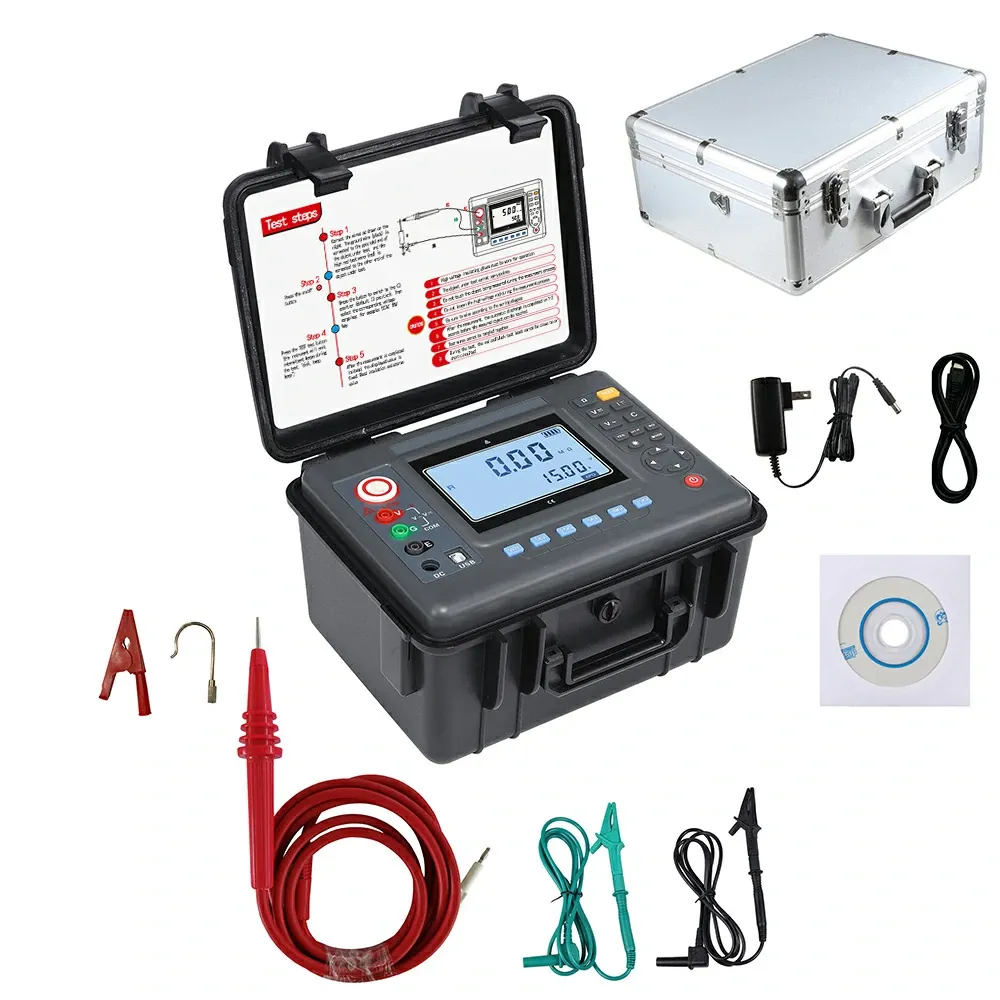 English
English



-
 Afrikaans
Afrikaans -
 Albanian
Albanian -
 Amharic
Amharic -
 Arabic
Arabic -
 Armenian
Armenian -
 Azerbaijani
Azerbaijani -
 Basque
Basque -
 Belarusian
Belarusian -
 Bengali
Bengali -
 Bosnian
Bosnian -
 Bulgarian
Bulgarian -
 Catalan
Catalan -
 Cebuano
Cebuano -
 China
China -
 China (Taiwan)
China (Taiwan) -
 Corsican
Corsican -
 Croatian
Croatian -
 Czech
Czech -
 Danish
Danish -
 Dutch
Dutch -
 English
English -
 Esperanto
Esperanto -
 Estonian
Estonian -
 Finnish
Finnish -
 French
French -
 Frisian
Frisian -
 Galician
Galician -
 Georgian
Georgian -
 German
German -
 Greek
Greek -
 Gujarati
Gujarati -
 Haitian Creole
Haitian Creole -
 hausa
hausa -
 hawaiian
hawaiian -
 Hebrew
Hebrew -
 Hindi
Hindi -
 Miao
Miao -
 Hungarian
Hungarian -
 Icelandic
Icelandic -
 igbo
igbo -
 Indonesian
Indonesian -
 irish
irish -
 Italian
Italian -
 Japanese
Japanese -
 Javanese
Javanese -
 Kannada
Kannada -
 kazakh
kazakh -
 Khmer
Khmer -
 Rwandese
Rwandese -
 Korean
Korean -
 Kurdish
Kurdish -
 Kyrgyz
Kyrgyz -
 Lao
Lao -
 Latin
Latin -
 Latvian
Latvian -
 Lithuanian
Lithuanian -
 Luxembourgish
Luxembourgish -
 Macedonian
Macedonian -
 Malgashi
Malgashi -
 Malay
Malay -
 Malayalam
Malayalam -
 Maltese
Maltese -
 Maori
Maori -
 Marathi
Marathi -
 Mongolian
Mongolian -
 Myanmar
Myanmar -
 Nepali
Nepali -
 Norwegian
Norwegian -
 Norwegian
Norwegian -
 Occitan
Occitan -
 Pashto
Pashto -
 Persian
Persian -
 Polish
Polish -
 Portuguese
Portuguese -
 Punjabi
Punjabi -
 Romanian
Romanian -
 Russian
Russian -
 Samoan
Samoan -
 Scottish Gaelic
Scottish Gaelic -
 Serbian
Serbian -
 Sesotho
Sesotho -
 Shona
Shona -
 Sindhi
Sindhi -
 Sinhala
Sinhala -
 Slovak
Slovak -
 Slovenian
Slovenian -
 Somali
Somali -
 Spanish
Spanish -
 Sundanese
Sundanese -
 Swahili
Swahili -
 Swedish
Swedish -
 Tagalog
Tagalog -
 Tajik
Tajik -
 Tamil
Tamil -
 Tatar
Tatar -
 Telugu
Telugu -
 Thai
Thai -
 Turkish
Turkish -
 Turkmen
Turkmen -
 Ukrainian
Ukrainian -
 Urdu
Urdu -
 Uighur
Uighur -
 Uzbek
Uzbek -
 Vietnamese
Vietnamese -
 Welsh
Welsh -
 Bantu
Bantu -
 Yiddish
Yiddish -
 Yoruba
Yoruba -
 Zulu
Zulu
Understanding Current Flow in Electric Generators for Optimal Performance and Efficiency
Understanding Current in Generators An Essential Guide
Electric generators are essential devices that convert mechanical energy into electrical energy, playing a crucial role in powering homes, industries, and various devices. Central to their operation is the concept of current, which can be understood in different contexts when discussing generators. This article aims to elucidate the nature of current in generators, exploring its types, significance, and the underlying principles that govern its behavior.
At its core, current refers to the flow of electric charge, typically measured in amperes (A). In the context of generators, current is produced when a conductor moves through a magnetic field, triggering the process of electromagnetic induction. This principle, discovered by Michael Faraday, is foundational in understanding how generators operate.
There are two primary types of current produced in generators direct current (DC) and alternating current (AC). DC generators deliver a constant flow of electrical energy in one direction, while AC generators, or alternators, generate current that periodically reverses direction. The choice between DC and AC generation largely depends on the application. For example, DC is often used in battery charging and some electronic devices, while AC is the standard for power distribution in homes and industries.
The significance of current in generators cannot be overstated. It dictates the amount of electrical power that can be generated and distributed. Power output, measured in watts (W), is directly proportional to both the voltage (V) and the current (I) produced by the generator, following the relationship expressed in the formula P = V x I. Understanding this relationship is vital for engineers and technicians who design and maintain generation systems.
current in generator

Another critical aspect of current in generators is its effect on efficiency. The efficiency of a generator is determined by how effectively it converts mechanical input into electrical output, with losses often occurring due to resistance in the windings and other components. These losses can lead to heat generation, which not only affects efficiency but can damage the generator if not managed properly. Therefore, maintaining optimal current levels is essential to ensure operational integrity and longevity.
One of the modern challenges in generator technology is the integration of renewable energy sources. As the world increasingly turns to solar, wind, and hydropower, understanding how current behaves in these systems becomes imperative. For instance, wind turbines generate AC current using a generator connected to the rotor, and this current must be converted to match the grid’s frequency. Additionally, the variability in power output from renewable sources requires advanced grid management and storage solutions to ensure reliability.
Safety is another vital consideration when dealing with current in generators. High levels of electrical current can lead to short circuits, equipment damage, and even fire hazards. Therefore, proper safety measures, such as circuit breakers, fuses, and grounding techniques, are essential in generator systems. Engineers must be adept at designing these safety features to mitigate risks associated with high currents.
In conclusion, current in generators is a fundamental concept that underscores the operation and efficiency of these vital devices. From understanding the differences between DC and AC to recognizing the challenges posed by renewable energy integration and the importance of safety, a comprehensive grasp of current is crucial. As technology progresses and the demand for efficient, sustainable energy continues to grow, ongoing research and innovation surrounding electrical current in generation will undoubtedly play a pivotal role in shaping the future of energy production and consumption.
-
Testing Equipment Industry Sees Major Advancements in 2025: Smart & Precision Technologies Lead the WayNewsJun.06,2025
-
Applications of Direct Current Generators in Renewable Energy SystemsNewsJun.05,2025
-
Hipot Tester Calibration and Accuracy GuidelinesNewsJun.05,2025
-
Digital Circuit Breaker Analyzer Features and BenefitsNewsJun.05,2025
-
Benefits of Real-Time Power Quality Monitoring Devices for Industrial EfficiencyNewsJun.05,2025
-
Earth Fault Loop Testing in High-Rise Building Electrical SystemsNewsJun.05,2025



